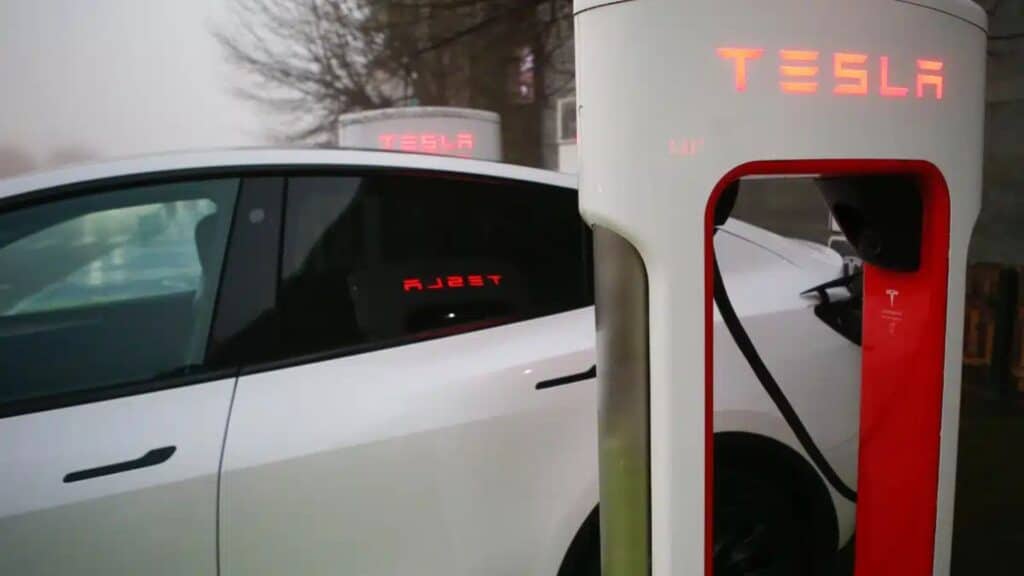Mercedes-Benz has had no choice but to acknowledge the undeniable: achieving the sole production goal for electric cars by 2030 is not possible. The CEO, Ola Källenius, announced last Thursday that they are delaying their electrification goal by five years, pushing it to 2035. Källenius emphasized continued investment in improving combustion engine models, making Mercedes-Benz the latest car brand to recognize that the fully electric horizon is farther away than initially envisioned.
“To achieve cost parity between an electric vehicle and a traditional car, many years are still needed,” warned Källenius on Bloomberg Television. This, combined with the slowdown in the international economy, will directly impact the transition, causing further delays.
The reduced optimism about electric cars is not unique to automakers. Despite the European Parliament approving and signing a ban on the sale of combustion engine cars by 2035 a year ago, several EU countries and political parties are now considering alternatives. One option is the development of “zero-emission” fuels, which could extend the lifespan of conventional vehicles.
In the midst of an “election period” – with only four months left until the European elections – several political groups have announced their support for promoting these technologies if they come to power. This stance could also boost the automotive sector in Europe, which, with the adoption of electric vehicles, has gifted market share to Chinese and American companies.
The prospect of conventional vehicles not circulating in Spain within eleven years is even more remote than in the rest of Europe, considering the current state of the sector.
Electric cars are not exactly affordable. On average, an electric vehicle costs around €10,000 more than its gasoline counterpart. Therefore, their sales are inevitably higher in wealthy countries, and Spain is not one of them. Spain’s per capita wealth grew three times less than the European average in the last 20 years, with the 2022 per capita GDP of €27,910 increasing by only 5.7%, compared to the Eurozone’s 15.6%.
Spain fares poorly in the comparison of electric car purchases with Europe. In 2023, 51,716 electrified cars (hybrids or 100% electric) were registered, accounting for only 12% of the market, far below the European average of 20%.
Reducing CO2 emissions is necessary, and electric cars are seen as a solution. However, they have environmental impacts, primarily from production, charging, and especially recycling at the end of their lifespan. The manufacture of electric cars, according to a Volvo carbon footprint report in 2021, pollutes 70% more than the equivalent gasoline model. The recycling of lithium batteries, with their complex and expensive processes, is still a pending challenge.
The issue of lithium supply also emerges, with potential environmental consequences and geopolitical concerns. In the EU, only 5% of lithium batteries are currently recycled. As Europe transitions to electric vehicles, it faces challenges related to water scarcity, indigenous land appropriation, and ecosystem destruction.
Accidents involving electric cars are found to be more dangerous and costly to repair. According to a study by the French insurer AXA, owners of electric cars cause 50% more accidents with vehicle damage than those with combustion models. Electric vehicle fires are challenging to extinguish, posing a unique challenge for firefighters due to the thermal runaway of lithium batteries.
In summary, the road to full electrification faces significant challenges, including affordability, environmental impact, and safety concerns, leading companies and countries to reassess and adjust their timelines and strategies.
